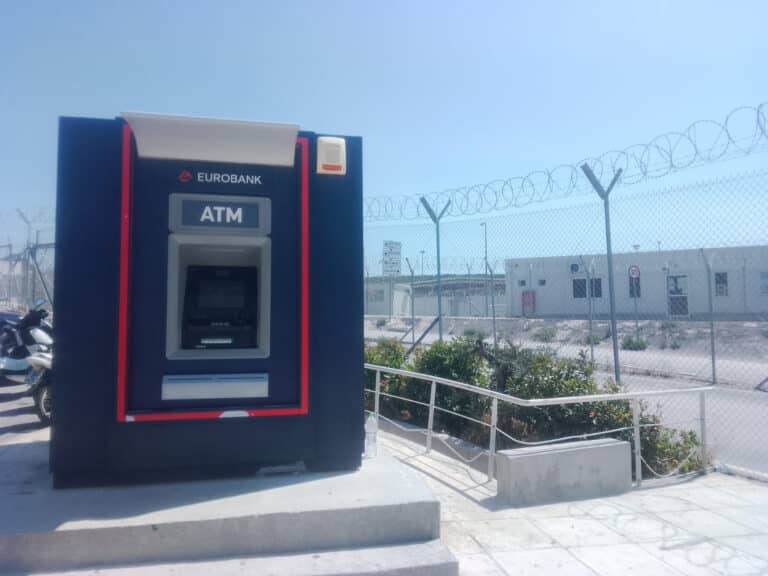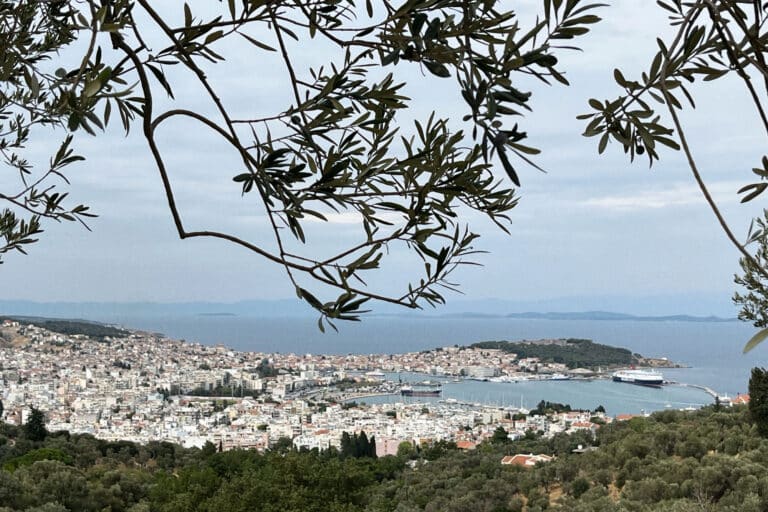Since the outbreak of war, the occupying forces have intensified closures in several areas within al Khalil/Hebron, imposing curfews with restricted entry and exit times. This has resulted in citizens being vulnerable to violence from both the military and settlers.
Wadi Al-Husayn, a neighborhood in Hebron, is particularly affected, divided by barricades and restrictions that limit the movement of its residents while allowing settlers unhindered access. Close to the Kiryat Arba settlement, the largest in Hebron, the neighborhood faces daily violence, including beatings, home invasions, and disruptions to routine activities such as olive picking.
When the Jaber family attempted to harvest olives on their land near the settlement, settlers attacked them, preventing them from completing their work. Furthermore, young men face curfew restrictions and have been subjected to beatings by soldiers for tardiness, prohibiting their return home after the allotted time.
The overall atmosphere is one of fear and terror as armed settlers routinely break into homes, shoot at Palestinians, damage vehicles, and assault farmers. This violence has escalated notably after the war on Gaza, with settlers seemingly granted impunity for their actions under the protection of Israeli soldiers.
Within these closed areas, there are many elderly individuals who require specialized healthcare. Their lives have become akin to a prison due to the imposed curfew. Testimonies, like that of a Wadi Al-Husayn resident, highlight the struggles of elderly family members who need frequent hospital visits. His mother cannot walk and needs an ambulance to go to the hospital several times during the week for dialysis. Her dialysis schedule is now often disrupted due Israeli restrictions and subsequent extended waiting times for Palestinian ambulances, which are subject to Israeli permissions.
The elderly also face challenges in obtaining essential medications, unable to venture outside due to the fear of settler attacks. Their need for special healthcare exacerbates the difficulties they encounter in these restricted circumstances.
Amidst these conditions, many citizens suffer silently, necessitating a platform to voice their plight and declare, “We are here,” in the hope of drawing attention to their struggles and advocating for change.




